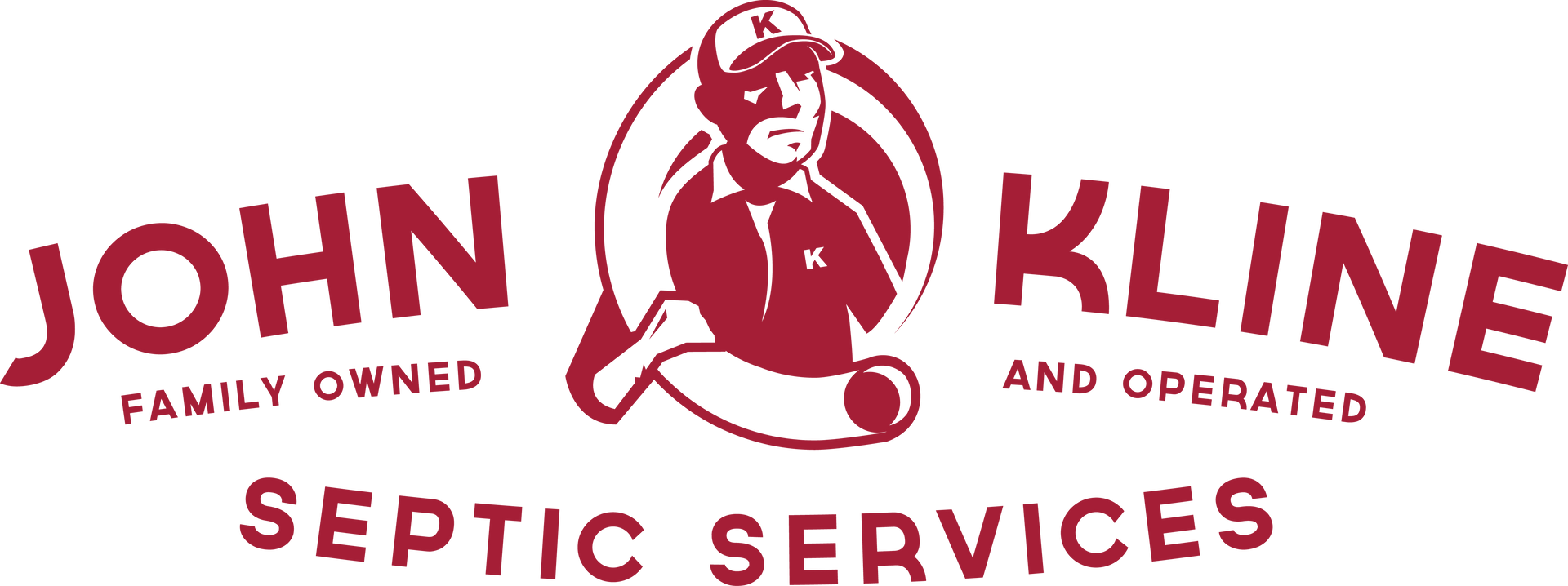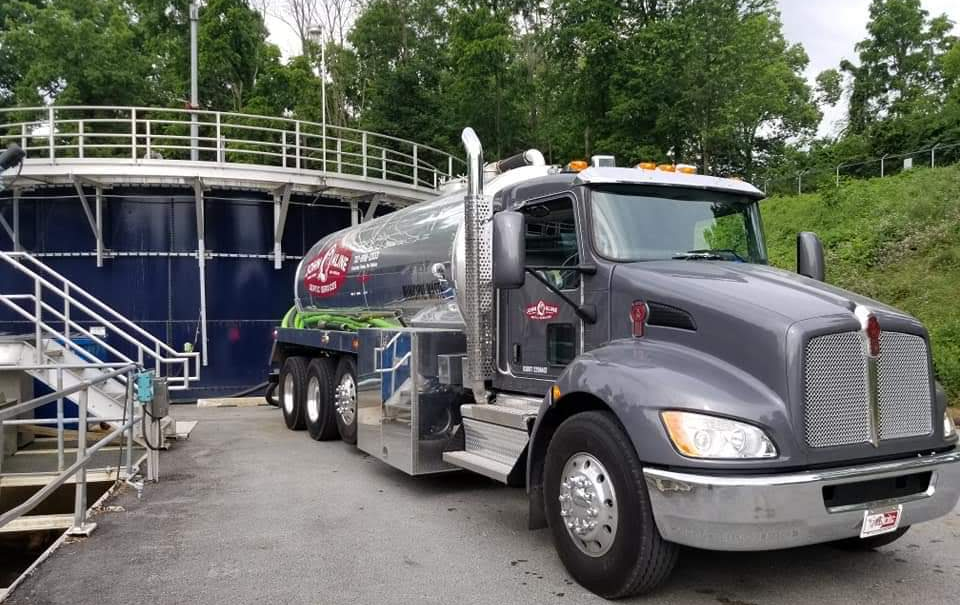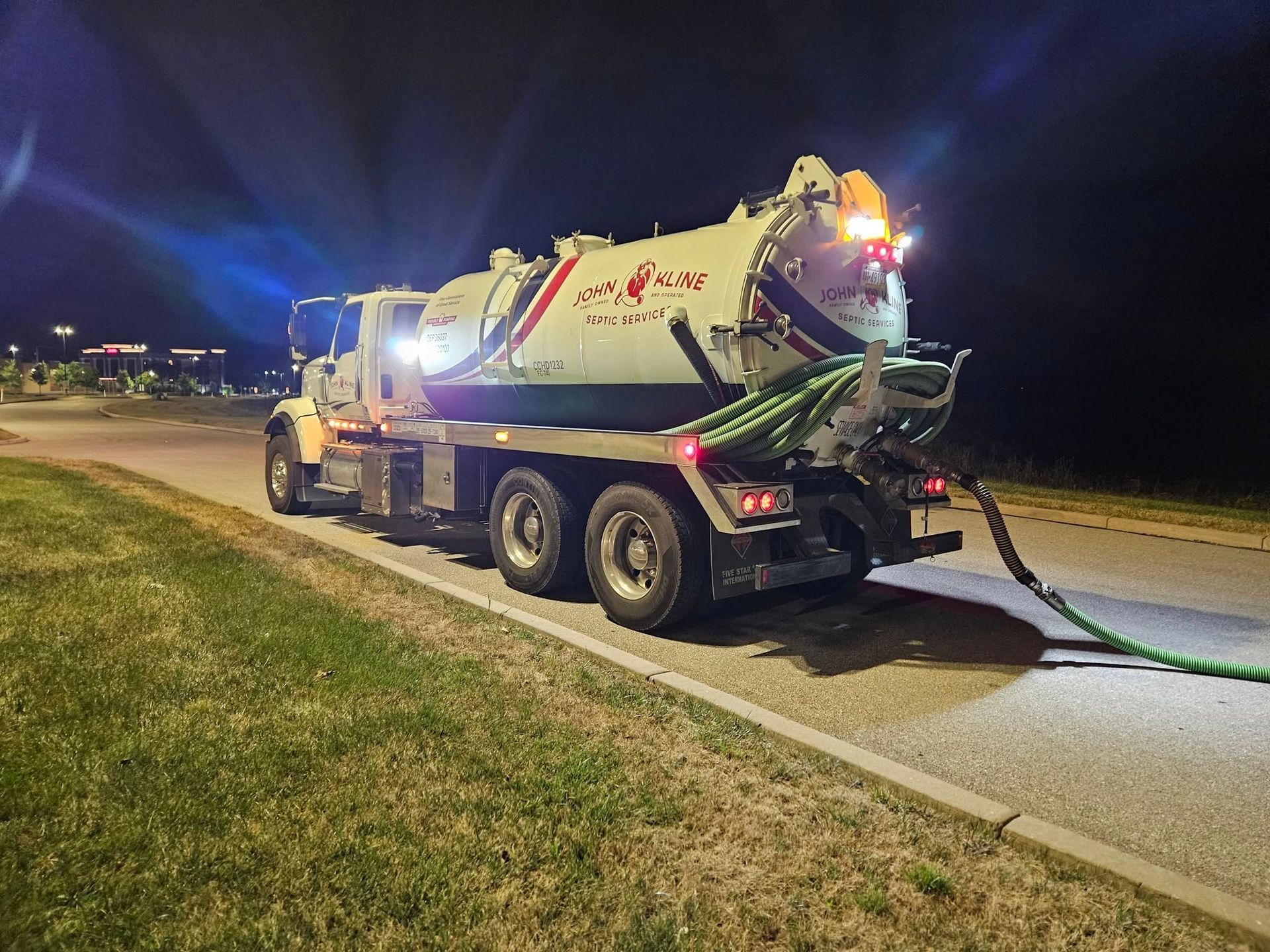Septic Tank Pumping Frequency: How Often Should I Have My Tank Cleaned Out?
The most common question we receive from homeowners is "How often should I have my septic tank pumped?" While you may be hoping for a one size fits all answer, the truth is, it all depends on your tank size and the number of people using the system. There are other factors that can determine your pumping frequency as well - things like the age of your septic system, whether or not you have a garbage disposal, and your average water consumption. Keep reading to learn how to keep your system functioning properly between pump-outs, or contact us today to schedule your next septic pumping.
Septic System 101
- We highly recommend having your septic tank emptied every 2-3 years. NEVER go more than 5 years, regardless of your tank size or family makeup.
- If you're not sure of your septic tank size, here's an easy way to make an educated guess: Most septic tanks are based on the number of bedrooms in your home. If your home has 3 bedrooms, you most likely have a 1000 gallon tank; 4-5 bedrooms is usually a 1500 gallon tank. Older homes have smaller septic tanks so if your home was built prior to the 1980's you may need to have your tank emptied more often.
- If you're not sure when your septic tank was last pumped, it's a good idea to have it emptied and inspected to ensure it's functioning properly. After you have your septic tank pumped you won't need to do it again for 2-4 years. Just remember, the two biggest factors that determine your pumping frequency are:
- How many gallons your septic tank holds
- How many people are in your household
- Use the simple chart below to determine how often your tank should be pumped and give us a call to get started! We're happy to inspect your tank and drainfield and make any recommendations to keep things working properly.
- It's also important to think about what kind of things you're flushing on a regular basis... When you have a septic system remember that there's no such thing as a "flushable" wipe! And always buy septic safe toilet paper. For more information on septic tank maintenance and what not to flush, click here.
- Most townships require pumping every 2-4 years, so if you live in a township with a pumping ordinance you'll receive a notice in the mail when you're due to be pumped. If not, mark your calendar and use the chart below to determine how often you should have your septic tank emptied. Once we pump your septic tank we'll make a note of our recommendations and we can give you a reminder call when it's time to be pumped again. For a complete list of Lancaster, York, Dauphin and Lebanon counties and their individual pumping requirements, click here.







